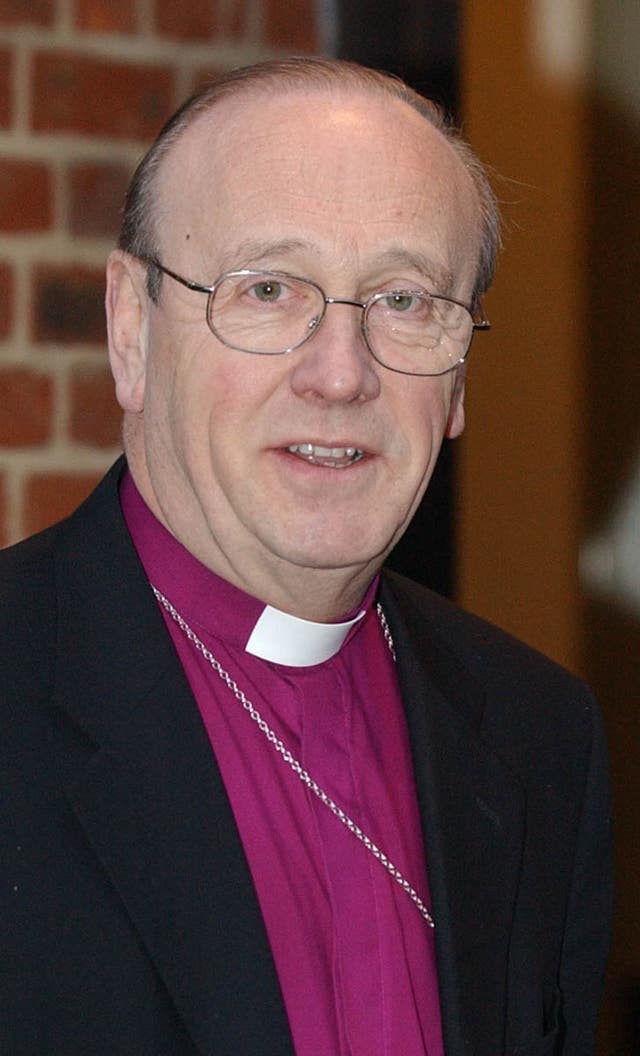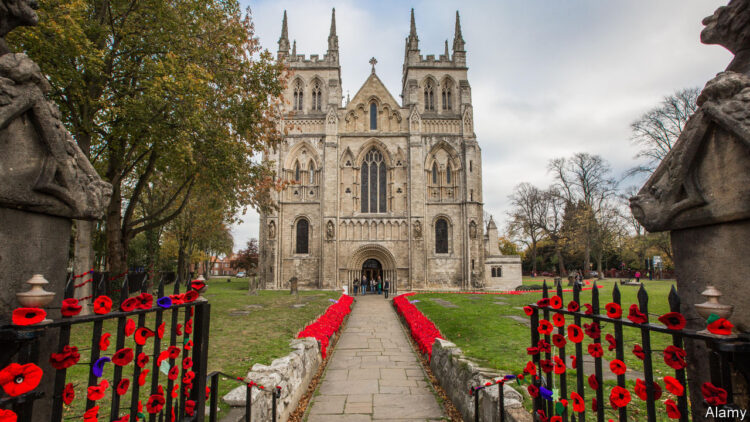By Ashley Young-
The Church of England spent decades failing to protect some children and young people from sexual predators, choosing instead to protect its own reputation, a damning report has found.
The Church was accused of being “in direct conflict” with its moral purpose of providing “care and love for the innocent and the vulnerable”, by failing to take abuse allegations seriously, neglecting the “physical, emotional and spiritual wellbeing” of the young, and creating a culture where abusers were able to “hide”.
The Independent Inquiry into Child Sexual Abuse’s (IICSA) report into the Anglican Church also discovered examples of clergymen being ordained, despite having a history of child sexual offences. The findings are most disgraceful, and will casts a lasting smear against the integrity of the Anglican Church.
It added that alleged perpetrators were often given more support than victims. The Church has admitted progress to improve safeguarding had been “too slow”.
Publications
The report is the latest in a series of publications from the IICSA, says 390 clergy members and other church leaders were convicted of abuse between the 1940s and 2018. In 2018 there were 2,504 safeguarding concerns reported to dioceses about either children or vulnerable adults, and 449 allegations of recent child sexual abuse.
The inquiry said the Church of England was “in direct conflict with its own underlying moral purpose to provide care and love for the innocent and the vulnerable”.
Inquiry chairwoman Professor Alexis Jay said: “Over many decades, the Church of England failed to protect children and young people from sexual abusers, instead facilitating a culture where perpetrators could hide and victims faced barriers to disclosure that many could not overcome.”
The inquiry heard that, from the 1940s to 2018, 390 people who were either members of the clergy or in positions of trust associated with the Church had been convicted of sexual offences against children.
The report found that in many of those cases, the Church of England failed to take the abuse seriously, and alleged perpetrators were “given more support than victims, who often faced barriers to reporting (abuse) they simply couldn’t overcome.
The Church Of England said the report makes shocking reading.
”While apologies will never take away the effects of abuse on victims and survivors, we today want to express our shame about the events that have made those apologies necessary,” said Jonathan Gibbs, the Church’s lead safeguarding bishop, and Melissa Caslake, the Church’s national director of safeguarding.
In a joint statement, the pair said there had been some improvements to safeguarding in the Church in recent years, but added: “We wholeheartedly regret that in some areas, most importantly support for victims and survivors, progress has been too slow.”
They said the Church endorsed and was “completely committed” to the report’s recommendations for improving such support.
“The whole Church must learn lessons from this inquiry,” they added.
One victim told the BBC he was raped by a clergy man over 40 years ago said several attempts made to contact senior members of the Church were ignored, but when he eventually was responded to, the Church admitted fault and compensated him.

Former Archbishop of York David Hope let down victims (John Giles/PA)
Serious Allegation
The inquiry heard that a “serious allegation” was made to the then-Archbishop of York David (now Lord) Hope in 1999 about Waddington, but the Archbishop said there was “simply no possibility” of the suspect acting in this way.
The Archbishop reportedly sought no further information, instead meeting with Waddington, who continued to officiate in the Diocese of York.
In December 2004, Archbishop Hope wrote to Waddington stating that he was “very pleased to note the matter is now closed”, the inquiry heard.
The report also refers to the case of Reverend Ian Hughes, from Merseyside, who was convicted in 2014 for downloading 8,000 indecent images of children.
Bishop of Chester Peter Forster, who retired last year, suggested to the inquiry that Hughes had been “misled into viewing child pornography” on the basis that pornography is “so ubiquitously available and viewed”.
Safeguarding Personnel Ignored
“Safeguarding personnel were at times ignored and their advice overlooked, in favour of protecting the reputation of clergy and the Church.”
It said the Church of England also “struggled to develop a model for effective safeguarding within its organisational structure”.
The report acknowledged that the Church had made “considerable improvements to practices and procedures” in recent years, but identified that it needed to make further changes to existing measures.
It also included introducing a Church-wide policy on the funding and provision of support to victims and survivors of child sexual abuse concerning clergy.
The report also identified how the Church in Wales had its own issues, with safeguarding officers “spread too thinly”. The Church had not had its own safeguarding measures independently audited, and there had been very little support for victims and survivors of child sexual abuse, such as counselling and therapy.




